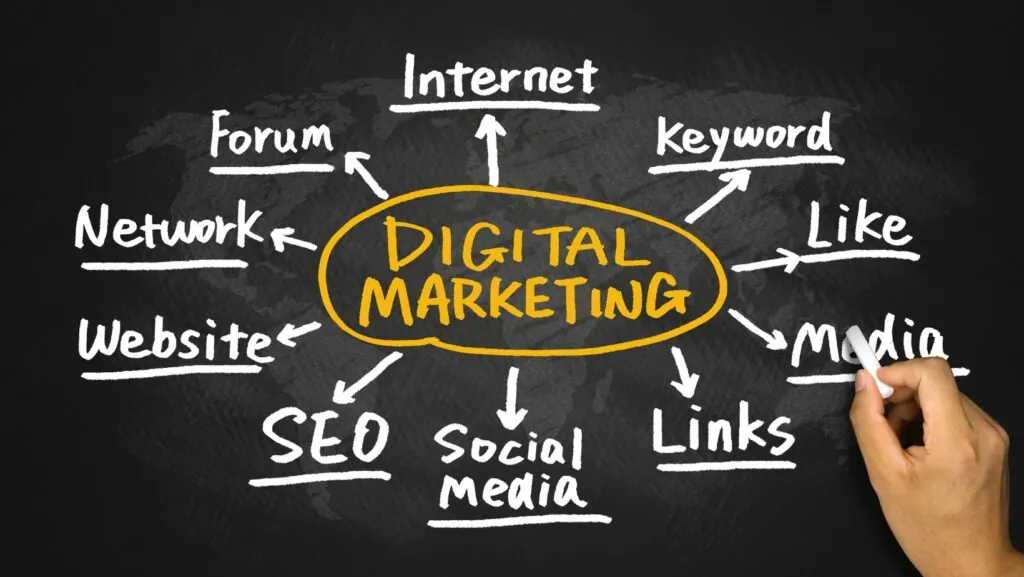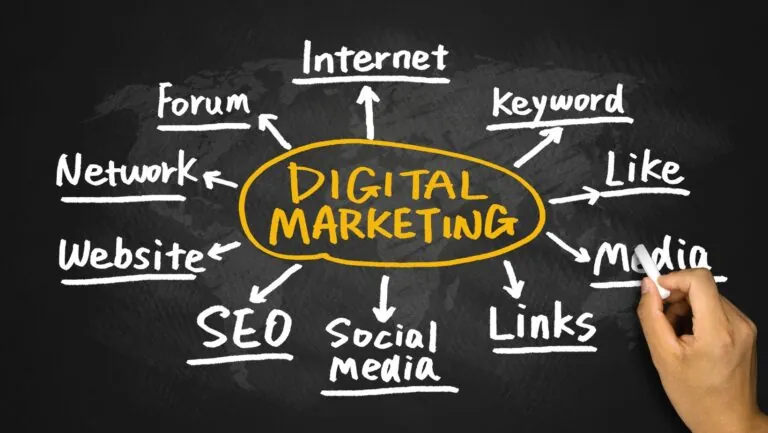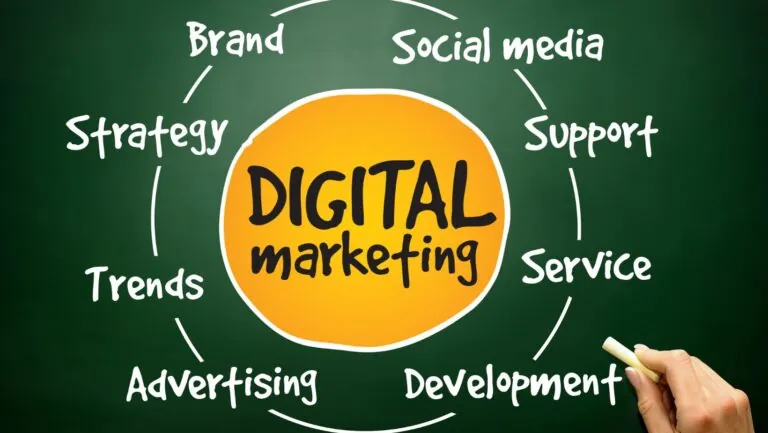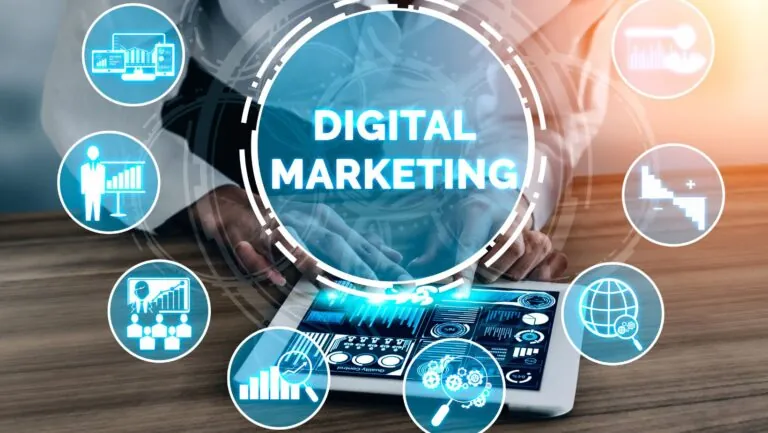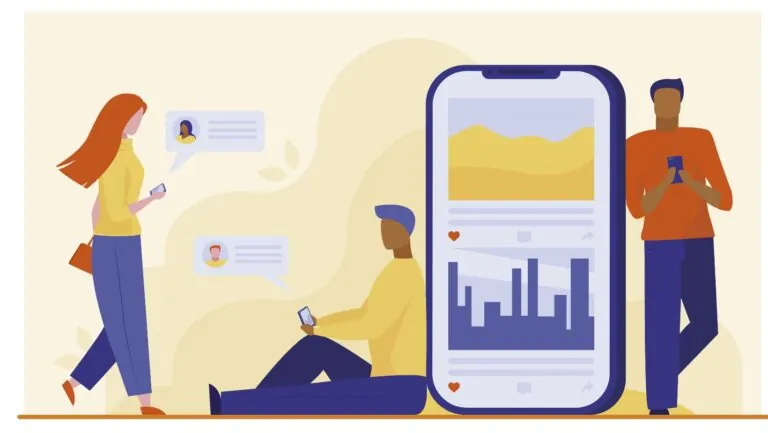Table of Contents
ToggleDigital marketing in 2025 is a battlefield where attention is the most valuable currency. Consumers scroll through endless feeds, swipe past ads in seconds, and ignore anything that doesn’t instantly spark curiosity. For brands, the challenge isn’t just visibility, it’s staying memorable in a world of constant noise.
Attention Drives Growth
Today’s digital campaigns succeed not because they’re the loudest but because they’re the most engaging. Modern audiences don’t tolerate long-winded pitches. Instead, they respond to:
- Micro-moments: quick bursts of content that deliver instant value
- Storytelling: emotional hooks that connect on a personal level
- Interactive experiences: making users part of the narrative
This shift has forced marketers to stop selling and start entertaining.
The Entertainment Industry as a Blueprint
Entertainment, especially gaming, has mastered the art of capturing attention. Every trailer, live event, or bonus round is designed to keep players invested. Non-gaming brands are beginning to study this model, realizing that keeping customers engaged is more important than pushing direct sales.
When you look at online industries thriving, casinos, streaming services, and social platforms all share one trait: they build ecosystems where audiences keep returning for more.
Gamification Beyond Gaming
Gamification is no longer limited to apps or games, it’s becoming a universal marketing tactic. Businesses across industries are now embedding game-like elements into their customer journeys. Examples include:
- Retail: loyalty points structured as levels and achievements
- Education: quizzes that unlock rewards and progress
- Fitness apps: streaks, badges, and social competition
Gaming companies perfected this long ago. Their ability to blend entertainment with habit-forming systems is why their retention rates outshine most sectors. Marketers who want stickier campaigns should take notes.
The Social Community Advantage
Today, audiences want more than a transaction; they want belonging. Communities are where real loyalty forms, and where word-of-mouth spreads fastest. This is why forums, Discord groups, and niche communities often outperform traditional advertising.
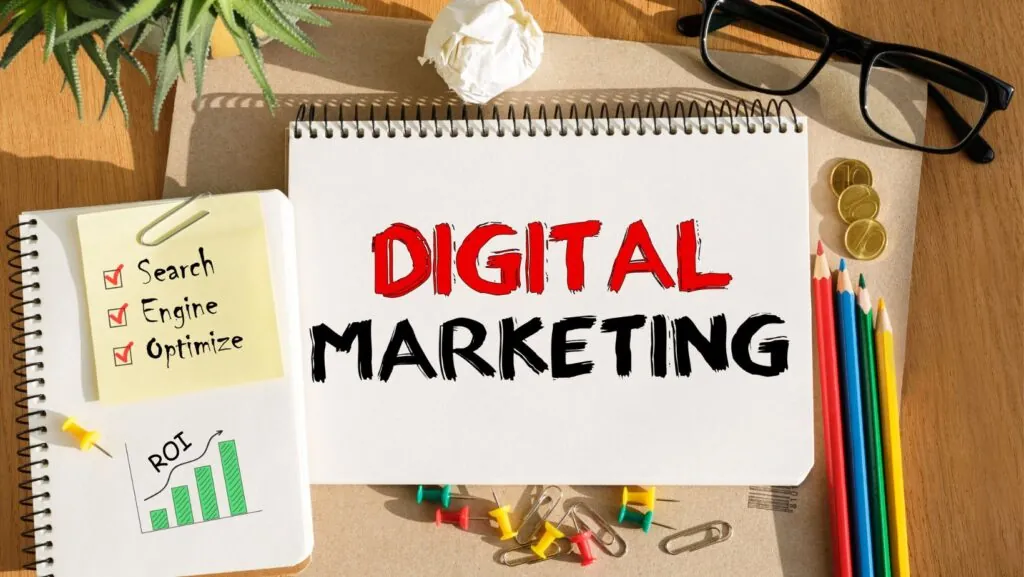
The gaming sector showcases this principle. Players return to platforms not only for games but for leaderboards, peer competition, and live events. Smart marketers in every industry can replicate this by creating spaces where users connect with each other, not just the brand.
Personalization is Non-Negotiable
Consumers have made it clear that they expect personalized experiences. They’re used to Netflix recommending shows, Spotify building playlists, and online casinos suggesting games tailored to their playstyle.
Brands that fail to personalize get tuned out quickly. Data-driven strategies now allow businesses to tailor:
- Product recommendations
- Targeted promotions
- Customized onboarding flows
This is exactly how entertainment companies retain users. Every click, every session, and every preference informs the next interaction.
Artificial Intelligence as a Marketing Partner
AI has moved from being an experiment to being a core part of marketing strategies. It accelerates tasks that once took weeks, allowing marketers to focus on creativity. Today, AI helps with:
- Writing ad copy variations
- Predicting campaign outcomes
- Optimizing spend automatically
- Powering customer service through chatbots
In gaming, AI has even deeper applications, ensuring fraud prevention, responsible gaming, and bonus optimization. Outside this niche, AI gives businesses of any size the ability to act like major players.
Virality as a Business Strategy
Virality is no longer a happy accident, it’s engineered. Brands study what makes people share content and build campaigns around those triggers. The formula combines:
- Simplicity that’s easy to understand and join
- Emotional highs that make people react instantly
- Built-in social proof that encourages sharing
Online games embody this formula perfectly. They’re designed to be quick, exciting, and social, giving players a reason to talk about them online. This shows that virality isn’t magic, it’s strategy.
The Role of Trust and Transparency
Another trend shaping digital marketing is the demand for transparency. Audiences are more skeptical than ever, and they scrutinize brands before engaging. This makes reviews, social proof, and trust signals vital.
Platforms like BettingStake show how trust-focused positioning can help cut through skepticism, by presenting comparisons and information that players actually find useful. For marketers in other industries, the lesson is clear: if your audience doesn’t trust you, they won’t convert, no matter how good your ad looks.
Final Thoughts
Digital marketing in 2025 is about blending technology with psychology. The businesses that succeed aren’t necessarily the biggest; they’re the ones that understand what makes people stop, click, and stay.
The roadmap is simple:
- Capture attention fast
- Make engagement rewarding
- Build communities that feel authentic
- Deliver personalization every step of the way
Gaming companies have already cracked this formula, and brands across every sector can follow their lead. By combining creativity, community, and trust, marketers can turn casual scrollers into loyal advocates, proving that in today’s world, attention isn’t just part of the game; it is the game.

